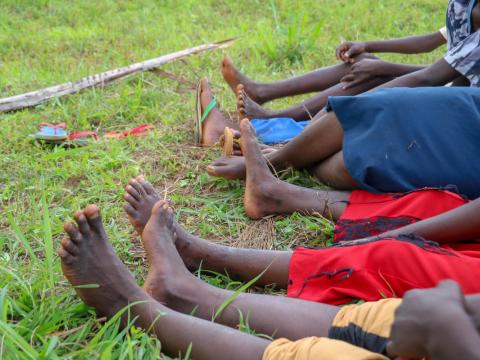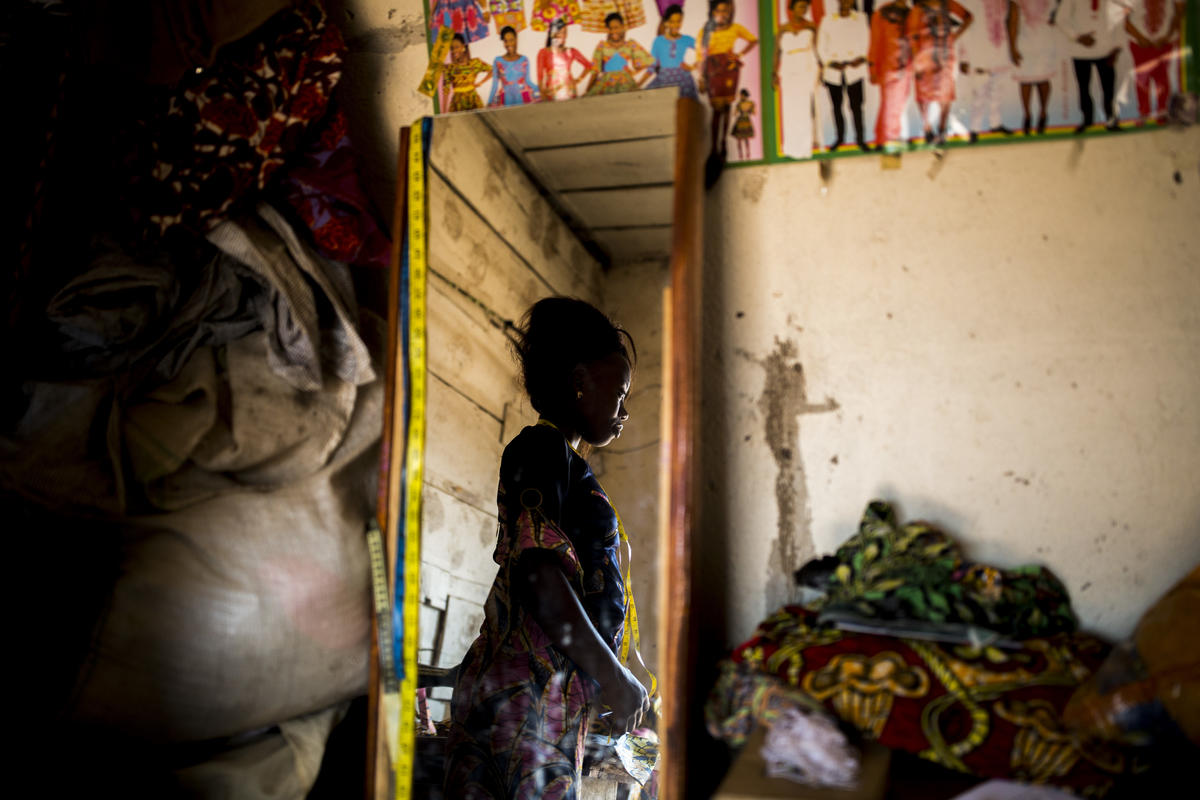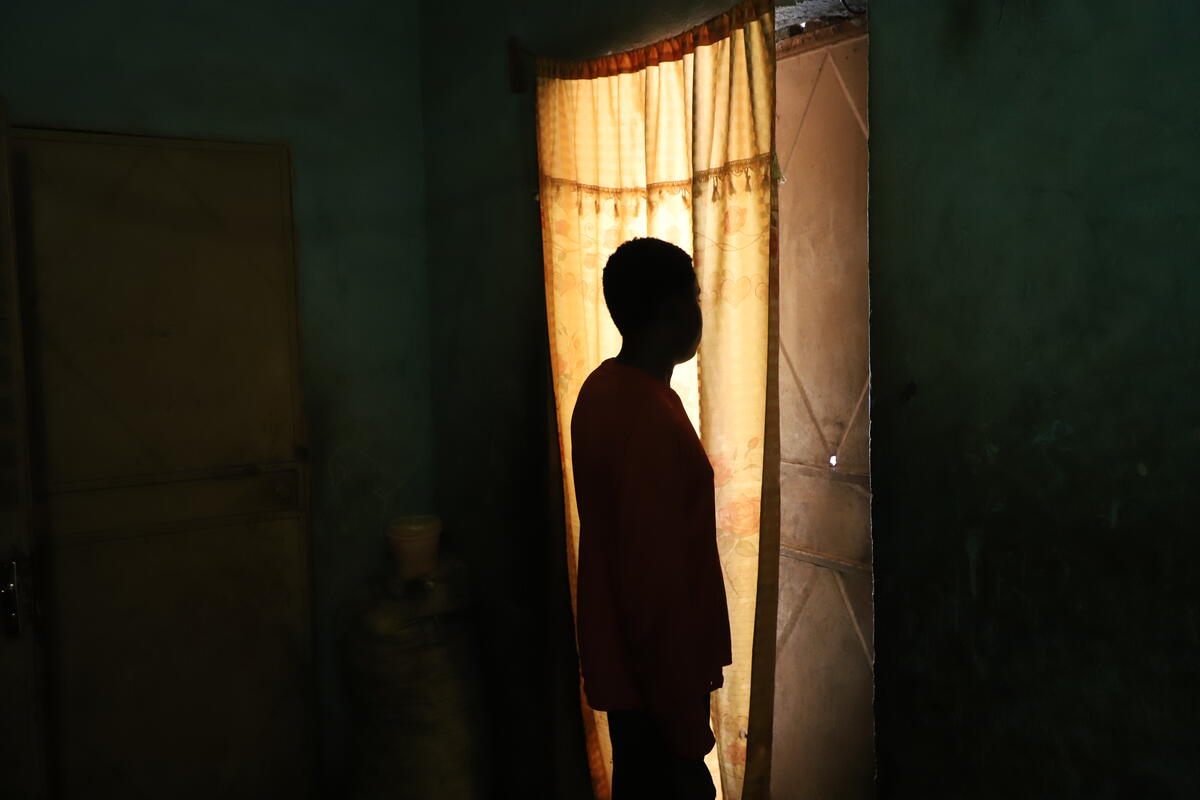Your 101 Guide to Child Soldiers

Why would a child ever become a soldier?
It’s hard to fathom, but in 2020 alone, the United Nations reported more than 8,500 children, some as young as six years old, had been recruited as child soldiers.
World Vision’s research has found that while many children are forcibly recruited as child soldiers, others are pushed into joining and the reasons are mixed, ranging from the need for protection from ongoing insecurity or displacement to extreme poverty and hunger, community or family expectations, or lack of hope for the future. Children are recruited because they are more easily manipulated than adults, are easier to feed, and are less aware of the risk of danger or the long-term consequences on their own lives.
How are these kids recruited?
In some cases, villages are raided, entire households murdered, schoolchildren are abducted, and families are told to give their children up or see them die. Other times, armed groups use various methods of coercion, including convincing children and their families of the justness of their cause, that it’s the best way to keep themselves and their families safe, or that it’s the only alternative.

What are these kids expected to do?
The images we see in movies or on TV of child soldiers are distressing – and for a reason. The tasks of children recruited into the armed forces can vary, from combatants forced to use weapons, to cooks, spies, messengers, servants, and even sex slaves.
Boys are more likely to become militia, but one in five child soldiers is a girl – and those who aren’t sent into combat face gender-based violence and exploitation. Their suffering is often hidden but equally devastating.
It’s not bad enough for kids to be growing up in conflict zones…
Exactly. The United Nations has defined six grave violations of children’s rights that are connected with conflict – and the recruitment of child soldiers is just one of them:
- Killing and maiming of children;
- Recruitment or use of children as soldiers;
- Sexual violence against children;
- Abduction of children;
- Attacks against schools or hospitals;
- Denial of humanitarian access for children.
Aren’t there international rules protecting children in situations like these?
Recruiting and using children in conflict has been considered a violation of international law since 2002, and more than 170 countries have ratified the protocol prohibiting it. Still, a 2021 UN report found more than 21 countries have verified cases of enforced recruitment of children. And the calamity isn’t restricted to warzones: in countries with militia gangs, children are frequently being forced to join vigilante groups, become prostitutes, commit crimes, and leave school.
What happens to these kids?
Because child soldiers are often seen as more disposable, they are more likely to be killed or injured than adult soldiers. For those who survive, there are long-lasting psychological, sociological and emotional effects. We’re talking about wrecked childhoods and formative years marred by violence and loss: no safety, no education, no family, no healthcare. Many children are ostracised by their family or community when they return because of the violence they have participated in. By the time they turn 18, these children will have witnessed the very, very worst of humanity. Physical injuries and deep emotional trauma stay with many child soldiers for life.

What we can do about all this?
In regions affected by conflict all around the world, World Vision sponsors are working both to protect children from becoming child soldiers and to help former child soldiers to recover.
Prevention
We help protect children from being recruited as child soldiers by tackling drivers of recruitment – like poverty and community tension – and help to improve family’s financial stability, build community cohesion and belonging, increase knowledge of children’s rights and how to raise an alarm if they feel in danger, and strengthen community networks to better protect children.
Reintegration
In partnership with other donors, sponsors help former child soldiers to recover and reintegrate into their communities. This can include vocational training to help them build income-earning skills, fun activities and opportunities to connect with others, and psychosocial support to help them process their experiences of war, giving survivors a future full of hope and opportunity.
Child sponsors are standing with children and communities to help protect children from the many threats of conflict and help them recover when conflict turns their life upside down. Thank you!